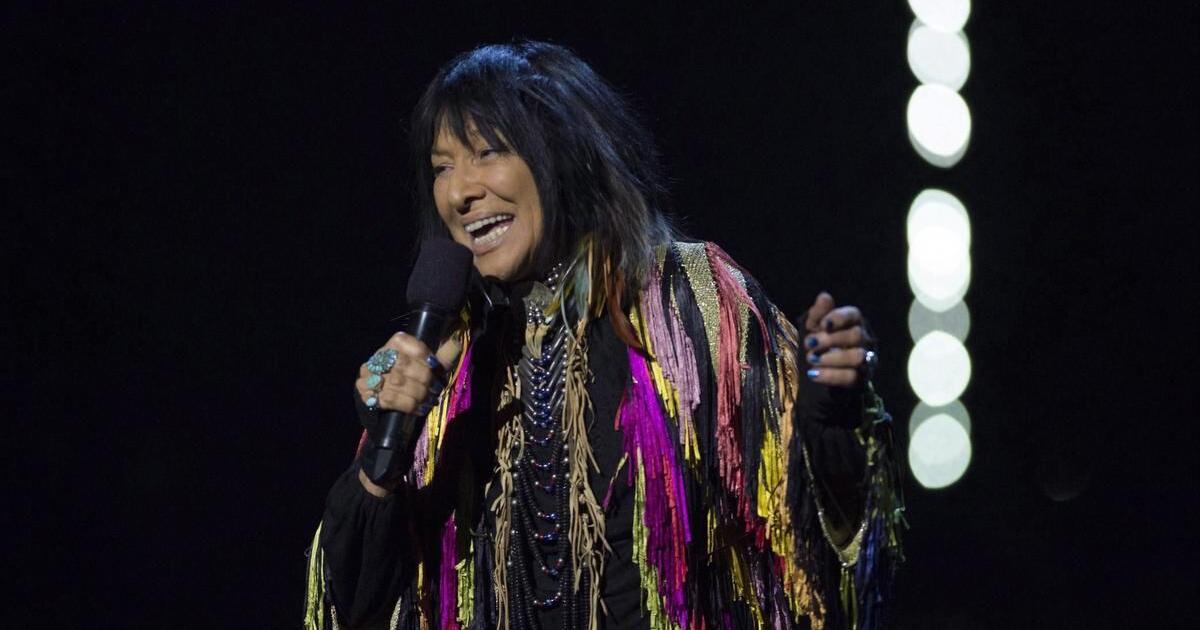I’m full blooded Indigenous … I was born into my family, I have a status card, I grew up in my home community and my first language is Ojibway-Cree … I’m a brown skinned darked hair Indian … the first 12 years of my life, all I ever knew was my Indigenous culture, family and language.
The whole Buffy Sainte-Marie fiasco is not so much about who can identify, who should say what or who claim identity and how it should be accepted or rejected by anyone.
The biggest issue I have with this is … she lied and continues to lie. If she were more honest and forthcoming about who she really is and why she did what she did … everything would be more acceptable and we could continue to respect the work that she has created.
The questions surrounding all of this is a lot more difficult to answer when millions of dollars of awards, legal issues, and entertainment income are at stake.



That is the crux of the problem, isn’t it? In other areas like sexual orientation or gender identity, there’s a decently broad consensus that we should allow people to self-identify. The benefit of self-identification is that it discourages gatekeeping. One downside is that it doesn’t change the fact that the broader community may still reject a person’s self-identity. See for example the debate surrounding trans women in sports.
The issue becomes more acute when being perceived as a certain identity comes with some privileges, whether informal or sanctioned by our government. When that happens, it creates an incentive for people to self-identify in a way that they believe will benefit them in some way or another.
I don’t have a solution. Just rambling.
I like the comparison to sexual identity … I know so many people along the spectrum of sexual identity as well as Indigenous identity … and in many ways they all have the same problems.
It doesn’t matter what anyone tries to identify as … the problem starts when someone chooses to identify one way or another for monetary, social or professional gain. The problem start when the person appropriates an identity under false pretenses and then benefits from that identity and then chooses to live under that lie.
The biggest issue here is honesty … Buffy started from a lie and continues to live in the lies she started and told. If she were more honest about it all … it would be easier to deal with.
Another issue is that self-identifying in a certain way shouldn’t come with monetary, social or professional benefits. Easier said than done, of course, but at least in some cases it already happens. For example, people aren’t entitled to use a handicapped parking spot by merely self-identifying as having limited mobility; sports organizations have (still evolving) rules for trans athletes; etc.
Whatever we do there will always be people who try to take advantage of the system, and people who will unfortunately fall through the cracks. Part of the issue is also that many of these identities aren’t binary: plenty of people have mixed heritage, or have partial disabilities. What do we do about that, and where do we draw the line? Can we have the nuance to cope with gray areas on a case by case basis? A broad consensus will be difficult to achieve in gray cases.
A good way of tackling it is … the more incentive there is, the more checks there should be.
If your self identification of anything means funding, awards, sponsorships, advancement, recognition … there should be an equal amount of checks, verification and acknowledgement from third parties to legitimize your claims.
The more money is on the line, the more checks there should be.